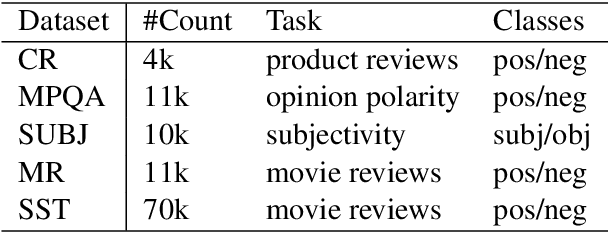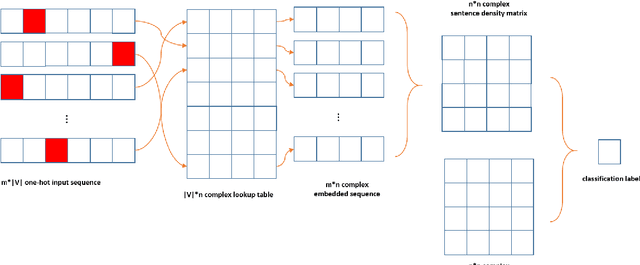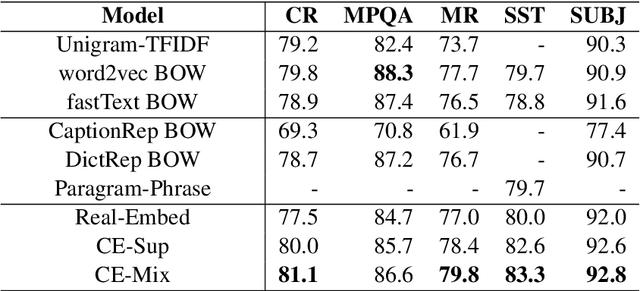Sagar Uprety
Investigating Context Effects in Similarity Judgements in Large Language Models
Aug 20, 2024Abstract:Large Language Models (LLMs) have revolutionised the capability of AI models in comprehending and generating natural language text. They are increasingly being used to empower and deploy agents in real-world scenarios, which make decisions and take actions based on their understanding of the context. Therefore researchers, policy makers and enterprises alike are working towards ensuring that the decisions made by these agents align with human values and user expectations. That being said, human values and decisions are not always straightforward to measure and are subject to different cognitive biases. There is a vast section of literature in Behavioural Science which studies biases in human judgements. In this work we report an ongoing investigation on alignment of LLMs with human judgements affected by order bias. Specifically, we focus on a famous human study which showed evidence of order effects in similarity judgements, and replicate it with various popular LLMs. We report the different settings where LLMs exhibit human-like order effect bias and discuss the implications of these findings to inform the design and development of LLM based applications.
Reconciling Irrational Human Behavior with AI based Decision Making: A Quantum Probabilistic Approach
Aug 14, 2018Abstract:There are many examples of human decision making which cannot be modeled by classical probabilistic and logic models, on which the current AI systems are based. Hence the need for a modeling framework which can enable intelligent systems to detect and predict cognitive biases in human decisions to facilitate better human-agent interaction. We give a few examples of irrational behavior and use a generalized probabilistic model inspired by the mathematical framework of Quantum Theory to model and explain such behavior.
Quantum-inspired Complex Word Embedding
May 29, 2018


Abstract:A challenging task for word embeddings is to capture the emergent meaning or polarity of a combination of individual words. For example, existing approaches in word embeddings will assign high probabilities to the words "Penguin" and "Fly" if they frequently co-occur, but it fails to capture the fact that they occur in an opposite sense - Penguins do not fly. We hypothesize that humans do not associate a single polarity or sentiment to each word. The word contributes to the overall polarity of a combination of words depending upon which other words it is combined with. This is analogous to the behavior of microscopic particles which exist in all possible states at the same time and interfere with each other to give rise to new states depending upon their relative phases. We make use of the Hilbert Space representation of such particles in Quantum Mechanics where we subscribe a relative phase to each word, which is a complex number, and investigate two such quantum inspired models to derive the meaning of a combination of words. The proposed models achieve better performances than state-of-the-art non-quantum models on the binary sentence classification task.
 Add to Chrome
Add to Chrome Add to Firefox
Add to Firefox Add to Edge
Add to Edge